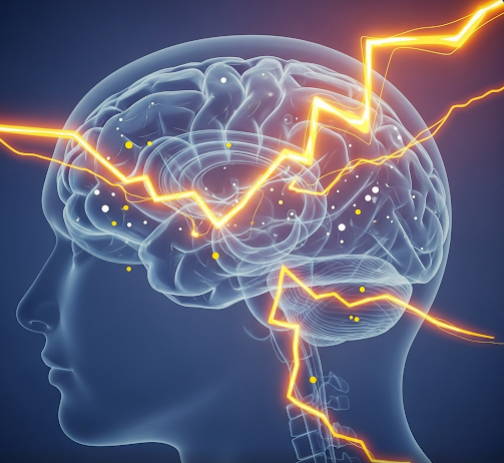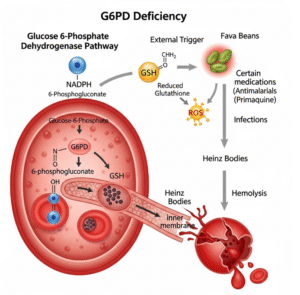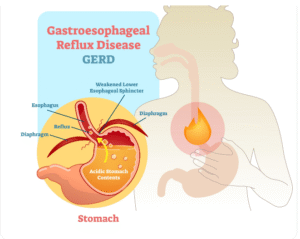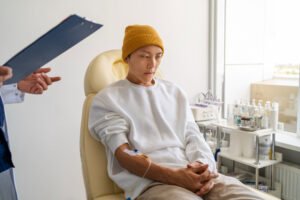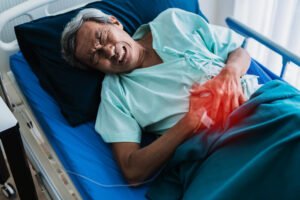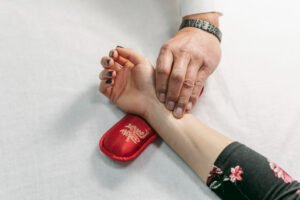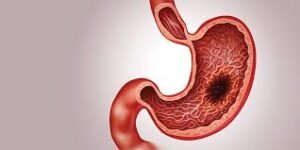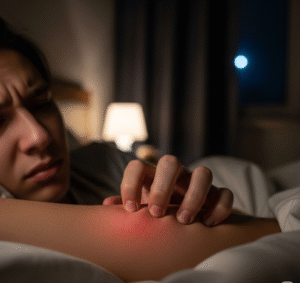Overview
Relapsing-Remitting Multiple Sclerosis (RRMS) is the most common form of multiple sclerosis, a chronic autoimmune disease affecting the central nervous system. RRMS is characterized by episodes of neurological symptoms (relapses) followed by periods of partial or complete recovery (remissions). In Korea, neurologists provide comprehensive care including diagnosis, treatment, and rehabilitation to manage RRMS and improve quality of life.
What is Relapsing-Remitting Multiple Sclerosis?
RRMS involves immune-mediated attacks on the myelin sheath, the protective covering of nerve fibers in the brain and spinal cord. These attacks cause inflammation and damage, leading to neurological symptoms. Between relapses, patients may recover fully or partially.
Symptoms
- Vision problems such as blurred or double vision
- Muscle weakness or spasms
- Numbness or tingling sensations
- Difficulty with coordination and balance
- Fatigue
- Cognitive difficulties and mood changes
Causes
- Autoimmune dysfunction targeting myelin
- Genetic predisposition
- Environmental factors such as viral infections or vitamin D deficiency
Risk Factors
- Age between 20 and 40 years
- Female gender
- Family history of MS or other autoimmune diseases
- Smoking and low vitamin D levels
Complications
- Progressive neurological disability over time
- Mobility impairment
- Cognitive decline
- Bladder and bowel dysfunction
- Emotional and psychological challenges
Prevention
- No known way to prevent MS, but modifiable risk factors can be managed
- Avoid smoking and maintain adequate vitamin D levels
- Healthy lifestyle to support immune function
Treatment Options in Korea
Diagnosis
Diagnosis is based on clinical evaluation, MRI imaging showing demyelinating lesions, and cerebrospinal fluid analysis.
Medical Treatments
- Disease-modifying therapies (DMTs) to reduce relapse frequency and severity
- Corticosteroids for acute relapses
- Symptomatic treatments for spasticity, pain, and fatigue
Surgical or Advanced Therapies
- Surgery is not typical but may be needed for complications such as severe spasticity or bladder dysfunction
Rehabilitation and Support
- Physical and occupational therapy
- Cognitive rehabilitation
- Psychological counseling and support groups
- Regular monitoring and personalized care plans

